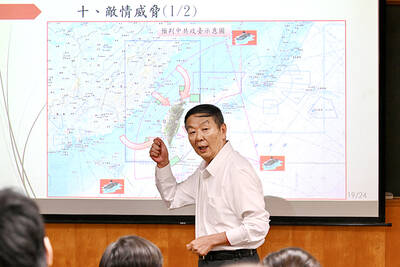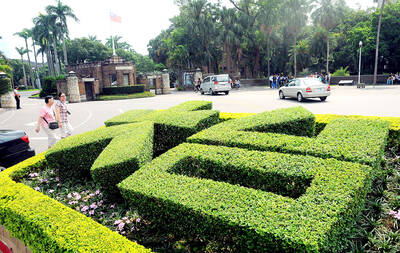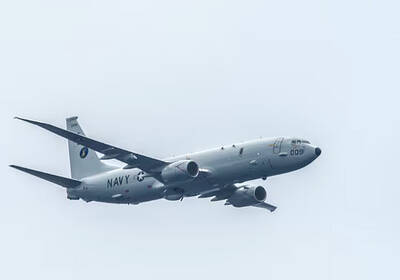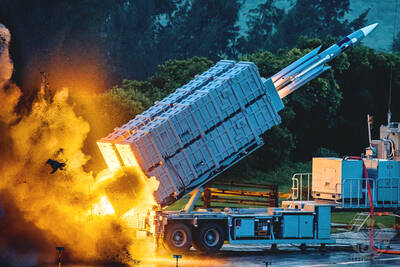China should explain why it appears to have singled out Australia with a range of import restrictions that have disrupted trade flows and undermined trust in the economic relationship, Australian Minister for Trade, Tourism and Investment Simon Birmingham has said.
With Australia and its largest trading partner locked in a stalemate over how to end the tensions, Birmingham also used a television interview yesterday to accuse the Chinese embassy in Canberra of taking a number of unhelpful actions this year.
A Chinese embassy official on Friday told Guardian Australia that “the problem is all caused by the Australian side” and Canberra should stop treating China as a strategic threat if it wants to resume ministerial-level talks that have been frozen since early this year.
Those comments came after the embassy provided Nine News with a list of 14 areas of dispute with Australia last week, including public commentary by the government of Australian Prime Minister Scott Morrison about human rights or territorial issues in Hong Kong, Taiwan and Xinjiang, the blocking of numerous Chinese foreign investment proposals, and “antagonistic” media reporting by Australia’s free press.
Birmingham yesterday told Sky News that he did not think “that a number of the actions from China’s embassy in Australia have been particularly helpful this year.”
He cited remarks made by Chinese Ambassador Cheng Jingye (成競業) in April in which he warned that Australia’s forthright push for an international investigation into the origins and early handling of COVID-19 could sour bilateral ties and affect consumer sentiment.
Cheng told the Australian Financial Review that “if the mood is going from bad to worse,” Chinese tourists might rethink travelling to Australia, parents might reconsider sending their children to Australia to study, and consumers might rethink drinking Australian wine or eating Australian beef.
Birmingham said the ambassador’s comments “essentially were threats of coercion,” while the embassy’s subsequent list of “claimed grievances” contained the “types of things that any country rightly does in terms of providing for rules around foreign investment to make sure it’s in the national interest, rules to protect critical infrastructure and security provisions in nations.”
When asked why some Asian nations — including those with territorial disputes with China — could maintain workable relations and yet Australia’s relationship had deteriorated so much, Birmingham said it was something for Beijing to explain.
“In many ways you’re asking a question that is a question for Chinese authorities as to why they may have chosen to seemingly single out Australia in some way for commentary and/or action in different ways,” he said.
Birmingham said there were a number of areas in which China and Australia could continue to successfully cooperate in their mutual interest, particularly at a time when the global economic recovery is so crucial.
He said the Australian government was “so deeply concerned at the fact that the number of regulatory interventions China has taken this year that seem to have disrupted the flow of trade do then undermine that economic cooperation.”

RETHINK? The defense ministry and Navy Command Headquarters could take over the indigenous submarine project and change its production timeline, a source said Admiral Huang Shu-kuang’s (黃曙光) resignation as head of the Indigenous Submarine Program and as a member of the National Security Council could affect the production of submarines, a source said yesterday. Huang in a statement last night said he had decided to resign due to national security concerns while expressing the hope that it would put a stop to political wrangling that only undermines the advancement of the nation’s defense capabilities. Taiwan People’s Party Legislator Vivian Huang (黃珊珊) yesterday said that the admiral, her older brother, felt it was time for him to step down and that he had completed what he

Taiwan has experienced its most significant improvement in the QS World University Rankings by Subject, data provided on Sunday by international higher education analyst Quacquarelli Symonds (QS) showed. Compared with last year’s edition of the rankings, which measure academic excellence and influence, Taiwanese universities made great improvements in the H Index metric, which evaluates research productivity and its impact, with a notable 30 percent increase overall, QS said. Taiwanese universities also made notable progress in the Citations per Paper metric, which measures the impact of research, achieving a 13 percent increase. Taiwanese universities gained 10 percent in Academic Reputation, but declined 18 percent

CHINA REACTS: The patrol and reconnaissance plane ‘transited the Taiwan Strait in international airspace,’ the 7th Fleet said, while Taipei said it saw nothing unusual The US 7th Fleet yesterday said that a US Navy P-8A Poseidon flew through the Taiwan Strait, a day after US and Chinese defense heads held their first talks since November 2022 in an effort to reduce regional tensions. The patrol and reconnaissance plane “transited the Taiwan Strait in international airspace,” the 7th Fleet said in a news release. “By operating within the Taiwan Strait in accordance with international law, the United States upholds the navigational rights and freedoms of all nations.” In a separate statement, the Ministry of National Defense said that it monitored nearby waters and airspace as the aircraft

UNDER DISCUSSION: The combatant command would integrate fast attack boat and anti-ship missile groups to defend waters closest to the coastline, a source said The military could establish a new combatant command as early as 2026, which would be tasked with defending Taiwan’s territorial waters 24 nautical miles (44.4km) from the nation’s coastline, a source familiar with the matter said yesterday. The new command, which would fall under the Naval Command Headquarters, would be led by a vice admiral and integrate existing fast attack boat and anti-ship missile groups, along with the Naval Maritime Surveillance and Reconnaissance Command, said the source, who asked to remain anonymous. It could be launched by 2026, but details are being discussed and no final timetable has been announced, the source